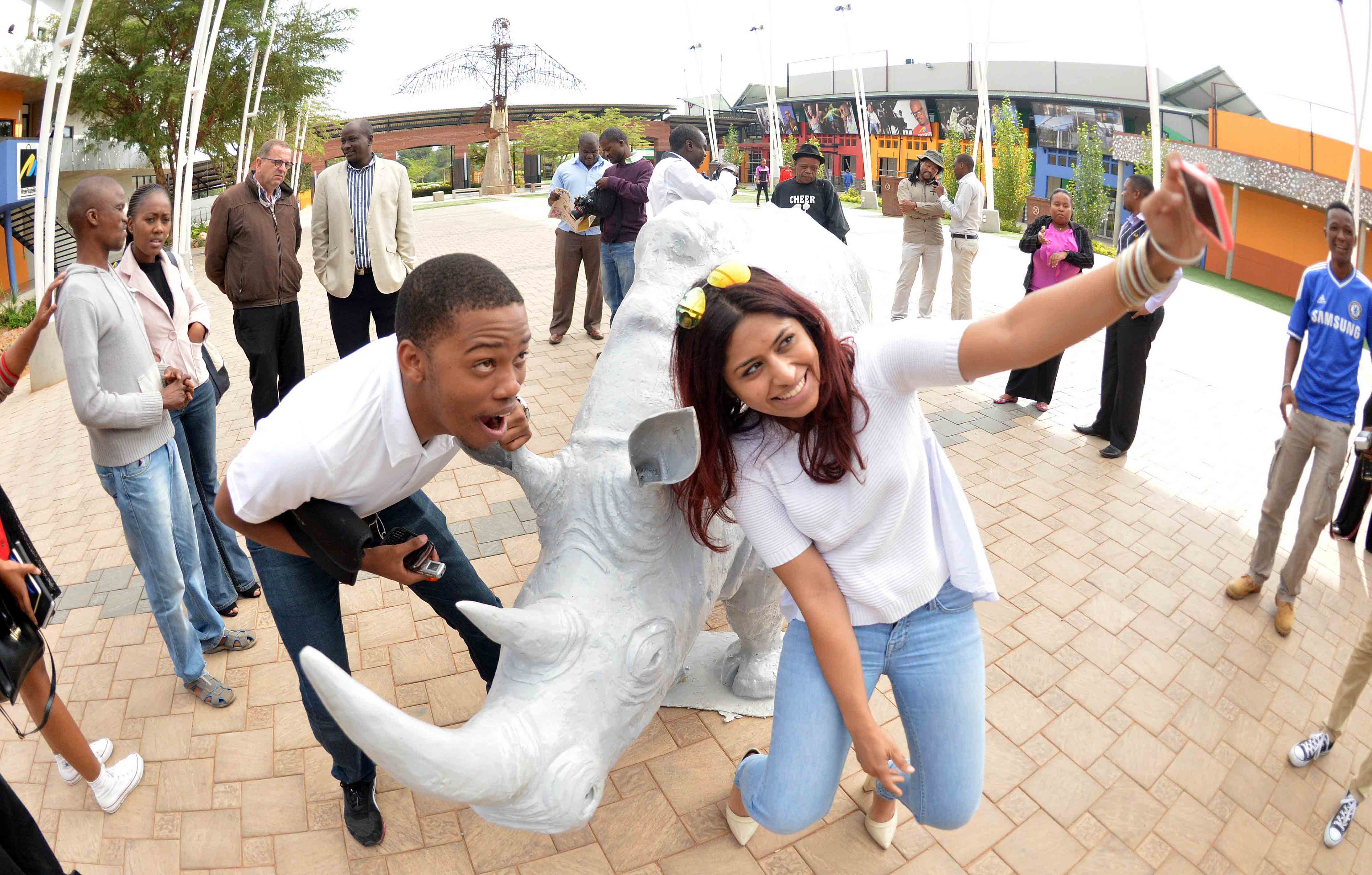- 39.6% of population use internet
- 6 percent growth
- Data still most expensive in SADC
- High-speed Internet improves economies and livelihoods in least developed countries-UN Broadband Commission report
Gazette Reporter
A report by the International Telecommunication Union has ranked Botswana 105th on internet usage and penetration stating that 39.6 percent of the country’s population is connected online despite exorbitant data charges.
The report titled Measuring the Information Society Report indicates a decline in internet connectivity with Botswana falling from 102th to 105 slightly below South Africa which is ranked 92nd and above Namibia at 118th globally.
Although the report’s indicators do not explain reasons for the slip in the rankings it shows that 43.7 percent households in Botswana have internet access while 158.5 percent represents mobile-cellular telephone subscriptions per 100 people.
Back to back statistics by official Internet World Statistics (IWS) also reveal that the population’s internet participation growth is moving at a sluggish 6 percent but at least 830 000 (39.6%) Batswana are subscribed to Facebook.
This is despite Botswana having the most expensive data tariffs in the SADC region according to a study released in April 2018 by Independent Communications Authority of South Africa (ICASA). Botswana has the most expensive 500mb data bundles compared to its neighbour with an average R26.95 cost to the consumer for 500mb data while Mozambique has the cheapest at R0.83. The report indicates that Botswana’s highest 500mb prepaid data bundle is more expensive than South Africa’s data bundle by 241.1 percent.
Experts at the United Nations Headquarters also argue in a Broadband Commission report launched this week that broadband (high-speed Internet) plays a valuable role in helping Least Developed Countries, Landlocked Developing Countries and Small Island Developing States (UN-OHRLLS) to overcome vulnerabilities, grow economies and enhance people’s livelihoods. While Botswana is ranked a developing country, the report which was based on case studies from Cambodia, Rwanda, Senegal and Vanuatu, found that narrowband services such as text messages in the health and agricultural sector and mobile money have helped to improve livelihoods.
The report notes that use of internet has not fully matched its increasing supply, due to challenges such as low digital literacy, unaffordability and lack of relevant local content and applications.
With a population of 2.3 million Botswana had 923 528 internet users by December 2017 a quantum growth from 620 000 in November 2015 and a paltry 15 000 in the year 2000.
The report recommends expanding digital literacy and awareness and a strategic commitment to broadband as a cross-cutting general purpose technology while identifying complementary technologies to bridge the digital divide.
It recommends governments to acknowledge the urgent need to serve rural populations, developing enabling policy environments that also supports sustainability and striking a balance between coverage, affordability and digital literacy. Botswana has spent over P200 million on the expansion of the fibre network facilities across the country. Bofinet has partnered with Botswana Investment Trade Centre (BITC) to roll out complimentary wifi access in public areas such as shopping malls and hotels in order to increase the population’s access to internet and ease of doing business.

